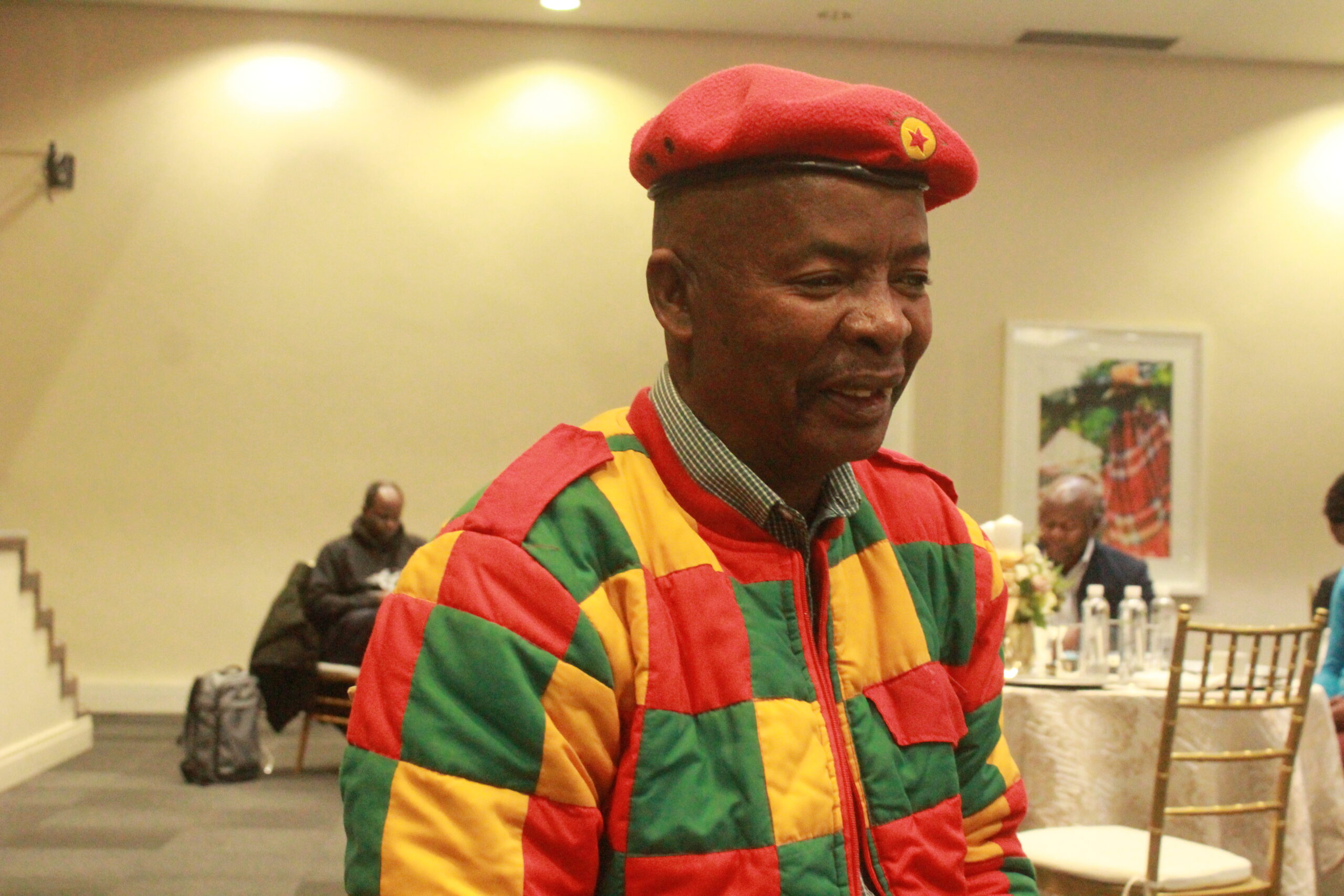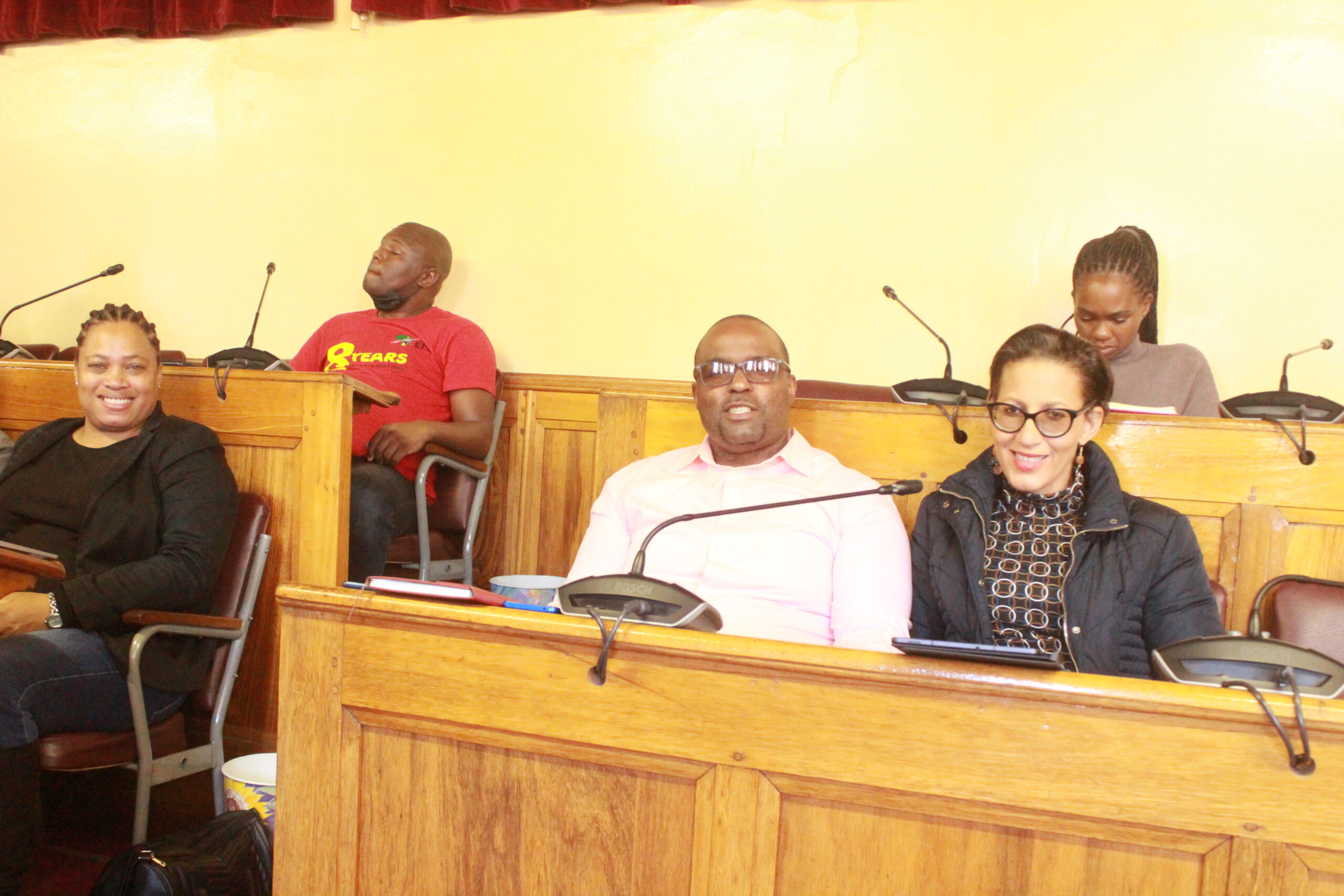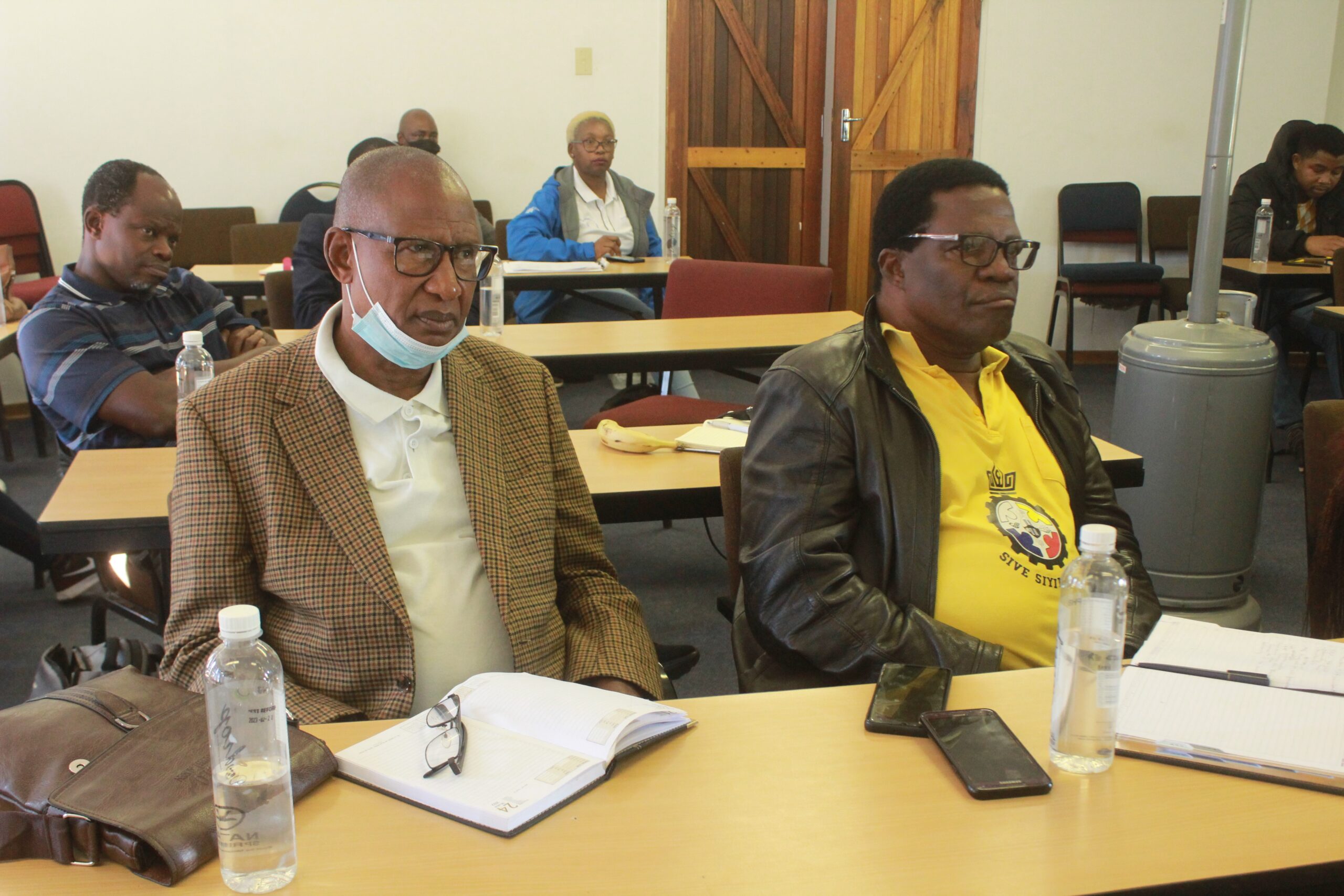Nthabiseng Libate/Tokelo Khausela
CIVIL society organisations (CSOs) in ESwatini were recently in the country to draw lessons from Lesotho as they continue their fight for a constitutional monarchy.
A delegation from ESwatini’s Multi-Stakeholders Forum (MSF) and the Political Parties Assembly (PPA) was in Maseru for three day visit from Wednesday to Friday.
The delegation paid a courtesy call on Prime Minister Moeketsi Majoro and also met leaders of political parties, local CSOs, members of parliament and the National Reforms Authority (NRA).
The delegation said it was working hard to get ESwatini monarch’s King Mswati III to agree to abolish what is considered to Africa’s last absolute monarchy. They want the country to return to a constitutional monarchy which was repealed by the current king’s father, Sobhuza II on 12 April 1973.
For decades since ascending the throne in 1986, King Mswati III has been accused of flaunting his wealth and showering his several wives with lavish gifts while his subjects continue to wallow in abject poverty.
Successive protests to demand a return to constitutionalism left 46 people dead last year.
But the ESwatini CSOs are not giving up and they believe they can draw vital lessons from Lesotho on how to plot a roadmap to a constitutional monarchy in their country.
 In an interview, MSF chairperson, Thulani Maseko, said they chose to study Lesotho among other countries because it had succeeded in incorporating democracy into its monarchical system of governance.
In an interview, MSF chairperson, Thulani Maseko, said they chose to study Lesotho among other countries because it had succeeded in incorporating democracy into its monarchical system of governance.
“We applaud the government of Lesotho and His Majesty King Letsie III for involving different stakeholders in national reforms because it shows that Lesotho and its king are practicing democracy,” Mr Maseko said.
“We are going to work hard to ensure that the Kingdom of ESwatini follows in Lesotho’s footsteps. We are here to learn how best we can implement a democratic system that strikes a healthy balance between the monarchy and an elected government,” he added.
On his part, Swaziland People’s Liberation Movement (SPLM) president, Vusi Shongwe, said he was impressed by Lesotho’s wide stakeholder involvement in its reforms journey.
“We are dealing with a very stubborn regime in ESwatini that does not want to come to the party. All the key players in the Swazi democratic project need to be included,” Mr Shongwe said.
During the dialogue with different Lesotho stakeholders, opposition Basotho Action Party (BAP) secretary general, Lebohang Thotanyana, said the delegation had come to the right place as Lesotho was now experienced in running a democracy which embraced a monarchy.
 However, Lesotho’s situation was not all rosy as the electorate was beginning to get tired of the selfish politicians who cared only about their own interests and did nothing to improve the welfare of the nation, Mr Thotanyana said.
However, Lesotho’s situation was not all rosy as the electorate was beginning to get tired of the selfish politicians who cared only about their own interests and did nothing to improve the welfare of the nation, Mr Thotanyana said.
“The ESwatini delegation has come to the right place to learn. If they decide to have a plenary in their reforms discussions, they must ensure that it reflects the will of the people.
“It is interesting that ESwatini people want a constitutional monarchy at a time when some Basotho are calling for the King to be given executive powers,” Mr Thotanyana said.
His remarks were in reference to the 2020 findings by the Afrobarometer research institute that at least 66 percent Basotho would welcome monarchical rule over parliamentary democracy.
The internationally acclaimed research institute said most Lesotho citizens wanted more powers to be given to the King because the current governance institutions fell short of their expected effectiveness in addressing the economic, social, and political needs of the nation.
On her part, Senate president, ‘Mamonaheng Mokitimi, told the delegation that if ESwatini was to embark on a reforms process, it must not leave everything in the hands of politicians. Instead, it must involve the civil society to achieve a balance, she said.
“Reforms are a sensitive process that need hard work and determination. In my experience negotiating and implementing the reforms, I have observed that non-profit organisations (NGOs) play a critical role than political parties as they have the interests of the society,” Ms Mokitimi said.


2 comments
I don’t think the title of your article matches the content lol. Just kidding, mainly because I had some doubts after reading the article.
Thanks for sharing. I read many of your blog posts, cool, your blog is very good. https://www.binance.info/cs/register?ref=S5H7X3LP